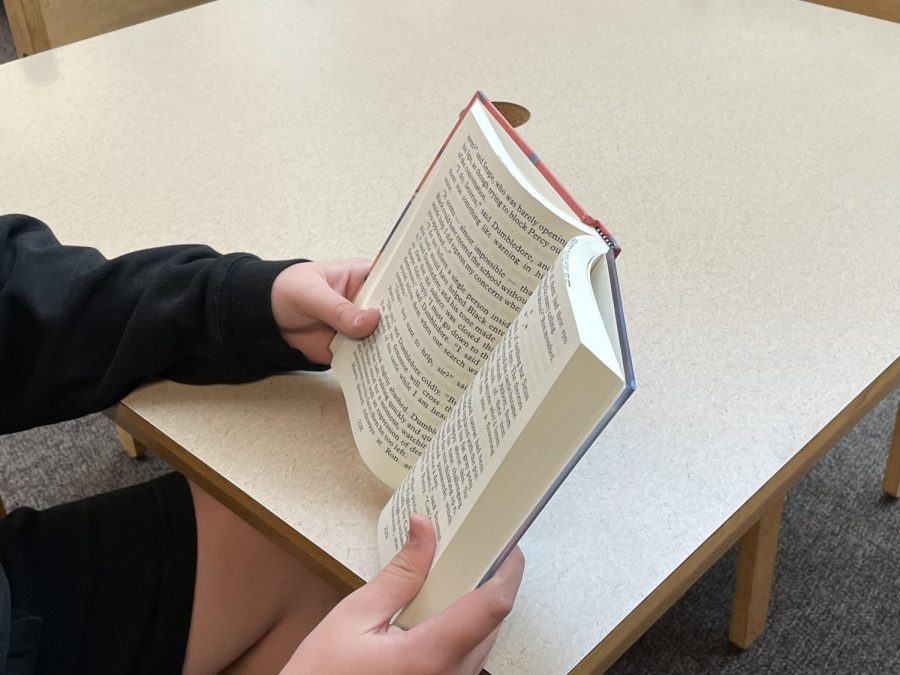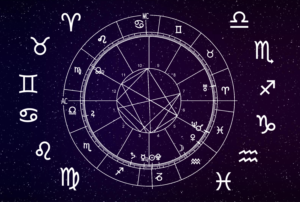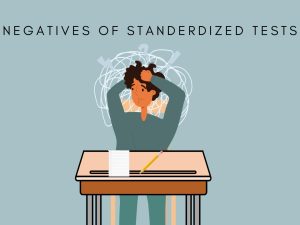Wakefield responds to banned books
Librarians, book lovers give insight to the defects in the popularized practice of prohibiting certain books.
Staff Photo by Katie Spampinato
A student reads the challenged book, “Harry Potter and The Order of Phoenix.” The Harry Potter series as been challenged globally for inciting witchcraft and anit-family induendos.
December 9, 2022
In 1982, First Amendment and library activist Judith Krug decided that due to the increase in book challenges, there should be a week in September to respond to these acts. Although Banned Book Week has already happened, people aren’t finished talking. Readers at Wakefield High School provide insight into how banning books may be doing more harm than good, and provide a new narrative to the conversation that continues to divide schools across America.
Joyce Deaton, one of Wakefield’s Media Specialists is no stranger to the everchanging shelves of Wakefield’s library; she has been working as the school librarian for over a decade. Deaton ensures that the books inside our school’s library are of the highest grade.
“For books that we choose, we use professional vendors that have the best quality literature,” Deaton said. “We want all views and information to be available to students.”
Librarians follow a Library Bill of Rights to ensure the safety of information and ideas. John Smith, Wakefield’s Media Specialist, tackles the cons of banning books.
“By banning books, you don’t see the entire picture,” John Smith said. “A lot of the books getting banned deal with racial issues or LGBTQ issues. By banning those books, you are limiting one’s side of a story.”
The book-challenging process is not a simple one. Before someone can challenge a book, they will have to answer the question of whether one has read it in Wake County. The issue with this is that most people who challenge these books have not read them.
“In the book challenge process, one of the first questions that get asked is whether or not they read the book. That’s one of the things that may be an issue,” Smith said. “Is it something that they have read, or is it a rumor in hearsay, that they’re hearing about online?”
A common reason books tend to be questioned is their maturity level. Co-president of the Book and Literacy Club and junior Mary Marley provides a similar opinion on the banned book subject.
“There’s a place for books that have inappropriate topics. There’s a fine line between a book being good for educational purposes, and a book that’s completely not okay to be in a school,” Mary Marley said.
Mary Marley’s sister and co-president Catherine Marley explains how banning books can be appropriate when it comes to the maturity rating of the book and the contents within it.
“It takes a level of maturity to read a book with controversial topics that may not be appropriate [for some readers],” Catherine Marley said.
People have been challenging books for different kinds of reasons. Through the years, we’ve seen books that go from “The Great Gatsby” by F. Scott Fitzgerald to the “Harry Potter” Series by J.K. Rowling that have been banned in schools and public libraries. “The Great Gatsby” was challenged due to its language and sexual references in the book, which align with the maturity level in books. Earlier on, the “Harry Potter” series was said to promote witchcraft and anti-family themes.
“[Challenging books] is a sign of cultural anxiety,” Deaton said. “Anxiety about what is happening with the culture and fear around children and being exposed to mature topics too soon.”












